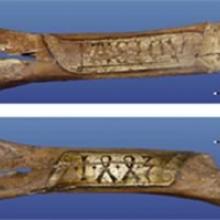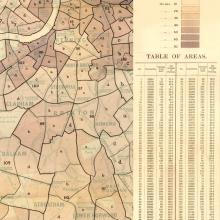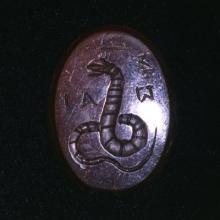The primary aim of this project was to reconfigure the terms in which problems of knowledge and belief are discussed within the history of science. It is a revealing fact that nine out of ten historians of science immediately translate the phrase "Knowledge and Belief" into "Science and Religion." Although a great deal of history, philosophy, and sociology of science of the past 40 years has been concerned with how scientific beliefs are turned into scientific knowledge (or vice versa), conjectures into proofs, heterodoxy into consensus, the problem remains conceptualized as the war between, the peaceful coexistence of, or the mutual embrace of science and religion. Moreover, "religion" is overwhelmingly taken to refer to Christianity, indeed more narrowly to Protestantism. The project widened the perspective on the problem of knowledge and belief by including the human as well as the natural sciences, Islam, and Judaism as well as Christianity under the rubric religion, and questions of evidence and belief common to science and religion. Three Working Groups addressed, respectively:
- The impact of the major political, religious, and intellectual upheavals on the development of the sciences in the fifteenth century, focusing on astronomy, philology, and mathematics in Jewish, Muslim, and Christian contexts
- The longue durée history of natural theology in Western Christianity from the Middle Ages to the present
- Alternatives to the standard model of knowledge and belief and the ways in which beliefs can be probed and tested before being promoted to the status of knowledge in the sciences and in everyday life



